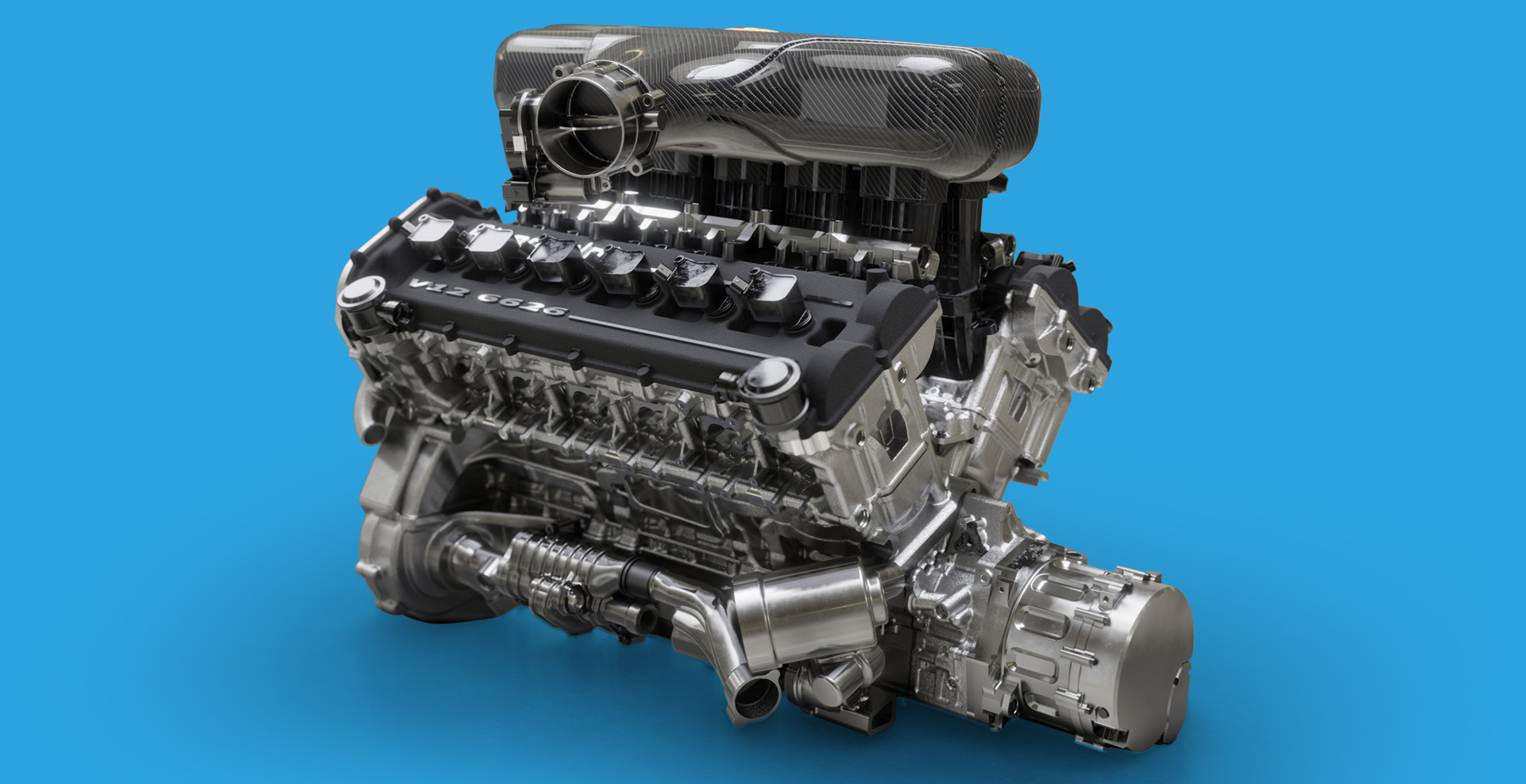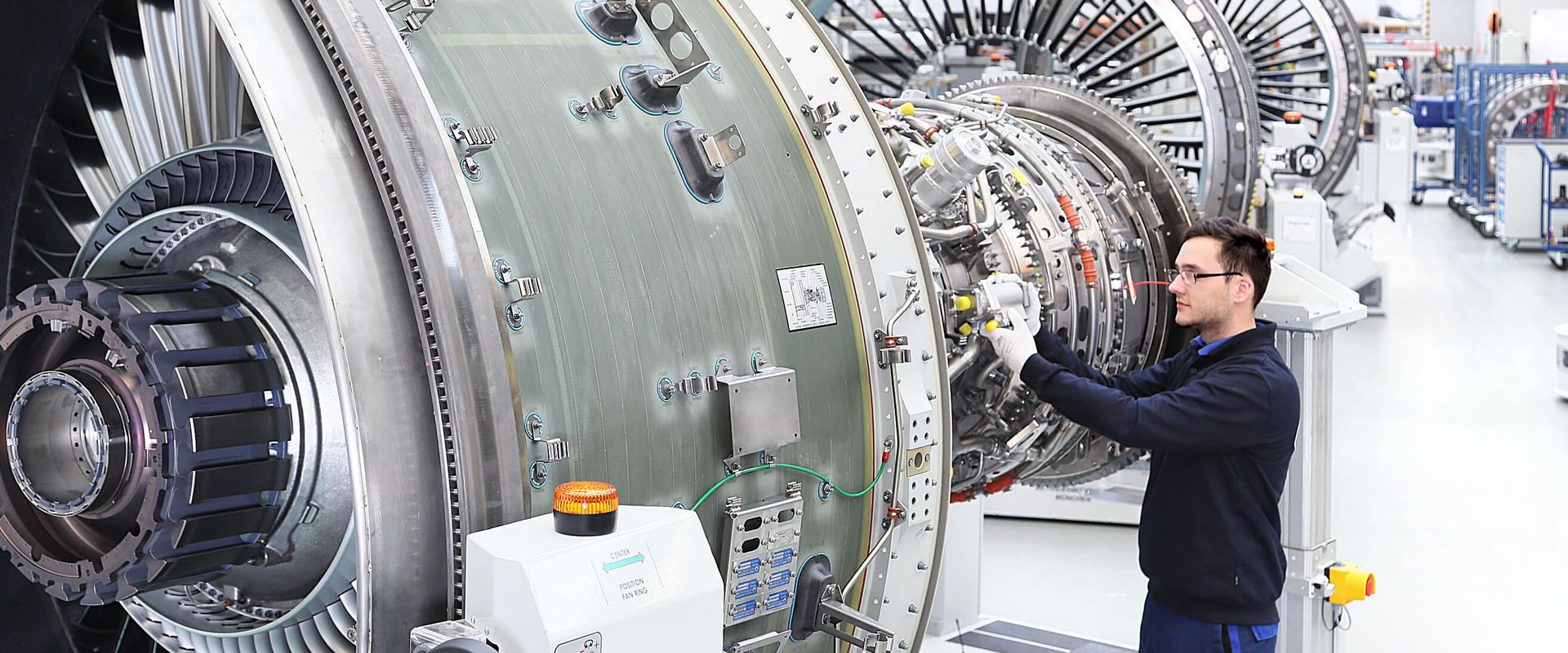Ensuring Long-Term Performance with Engines For Africa Products
Check Out a Wide Variety of Engines for Every Car and Purpose
The automotive landscape is progressively complicated, with a diverse selection of engine types made to meet details efficiency and efficiency requirements throughout different vehicle groups. Additionally, sturdy engines offer the needs of job vehicles, while green options are acquiring grip in the quest of lasting transportation.
Kinds of Automotive Engines
Automotive engines can be classified into several unique kinds, each developed to satisfy particular efficiency and efficiency demands. The most common classifications consist of internal combustion engines, electrical engines, and hybrid systems.

Electric engines, on the various other hand, operate electric power saved in batteries, supplying instantaneous torque and zero discharges. These engines are becoming significantly prominent as a result of improvements in battery technology and the expanding emphasis on sustainability.
Hybrid systems integrate both internal combustion and electrical engines, making it possible for cars to enhance fuel performance and reduce discharges by effortlessly switching between power resources. Each engine kind offers its disadvantages and advantages, influencing aspects such as vehicle design, meant usage, and market demand. Recognizing these distinctions is essential for makers and consumers alike when selecting the appropriate engine for their particular needs.
Efficiency Engines for Sports Cars
Efficiency engines for cars are especially engineered to supply boosted agility, rate, and power, setting them in addition to typical auto engines. These engines usually make use of advanced innovations such as turbocharging, supercharging, and variable shutoff timing to make best use of efficiency and responsiveness.
Normally, performance engines are developed with higher compression proportions, which allow for greater energy removal from gas. This results in outstanding horse power and torque numbers, allowing rapid acceleration and greater top rates. Additionally, the lightweight products utilized in these engines, such as aluminum and carbon fiber, add to lowered total car weight, enhancing handling and ability to move.
Engine configurations like V6, V8, and also hybrid systems are typical in efficiency sports vehicles, each offering unique advantages in terms of power distribution and driving dynamics. The adjusting of these engines is likewise crucial; lots of manufacturers enhance the engine management systems to give a thrilling driving experience, often consisting of sport settings that adjust throttle reaction and equipment changes.
Reliable Engines for Daily Commuters
In the realm of day-to-day travelling, effective engines play a crucial function in maximizing fuel economic climate and minimizing discharges while giving reputable efficiency. As urban populations grow and ecological problems magnify, the need for vehicles equipped with effective powertrains has risen.
Modern engines made for daily commuters typically incorporate innovations such as turbocharging, direct fuel shot, and crossbreed systems. Turbocharging boosts engine efficiency by forcing more air into the burning chamber, enabling smaller sized, lighter engines that do not compromise power output. Direct fuel injection enhances fuel atomization, causing much better burning and raised performance.
Crossbreed engines, integrating inner burning with electrical power, more boost gas economic situation, particularly in stop-and-go traffic, where traditional engines can experience ineffectiveness. Electric motors assist during velocity and can operate separately at reduced speeds, Going Here decreasing overall gas intake.
In addition, advancements in engine monitoring systems and light-weight materials add dramatically to efficient engine design. By concentrating on efficiency, durability, and ecological sustainability, makers remain to provide engines that not only fulfill the needs of daily travelling however also align with global initiatives to decrease carbon impacts.
Heavy-Duty Engines for Work Cars
Heavy-duty engines for job lorries are consistently engineered to supply phenomenal torque and integrity under requiring conditions. These engines are made to do in environments where typical engines might falter, such as building and construction websites, logging procedures, and farming settings. The key focus of sturdy engines is their capability to generate high degrees of power while maintaining durability over prolonged periods of procedure.
Usually, sturdy engines use innovative materials and durable construction strategies to endure the roughness of heavy work. Attributes such as strengthened cyndrical tube blocks, improved air conditioning systems, and advanced gas shot technologies add to their effectiveness. These engines commonly run at reduced RPMs, which assists to maximize fuel effectiveness while giving the necessary power for transporting and lugging.
Along with mechanical robustness, durable engines are often geared up with advanced electronic control devices (ECUs) that handle performance, discharges, and diagnostics. This integration permits far better tracking and upkeep, ensuring that work automobiles continue to be efficient and operational.
Ultimately, heavy-duty engines are an essential part in the productivity of various industries, offering the necessary power and dependability to deal with the most difficult of jobs.
Eco-Friendly Engine Options
The expanding focus on sustainability has actually brought about the growth of environmentally friendly engine options that prioritize reduced you can try these out emissions and boosted gas effectiveness. These engines are developed to reduce the environmental impact of vehicles while still providing the performance and reliability anticipated by customers.
Among the most noteworthy environmentally friendly choices are electric and hybrid engines. Crossbreed engines incorporate typical inner combustion engines with electric propulsion, enabling reduced gas the original source intake and reduced greenhouse gas discharges. Electric engines, on the other hand, operate totally on battery power, creating no tailpipe discharges and contributing to cleaner air top quality.
One more promising advancement is the development of biofuel engines, which make use of sustainable sources, such as plant materials, to power lorries (Engines For Africa). By utilizing biofuels, these engines can decrease dependence on nonrenewable fuel sources and reduced overall carbon footprints

As the vehicle industry advances, environment-friendly engine options will certainly play a vital role in driving the change towards even more sustainable transport services.
Verdict
The automobile sector provides a varied range of engines designed to satisfy numerous car needs and functions. From high-performance engines that boost sports auto abilities to reliable designs focusing on fuel economic situation for daily travelers, each kind serves a certain feature. Heavy-duty engines satisfy robust work automobiles, while eco-friendly choices, such as electric and biofuel engines, promote lasting transport. This comprehensive range ensures that all driving requirements are attended to, adding to innovations in automotive innovation and environmental stewardship.
